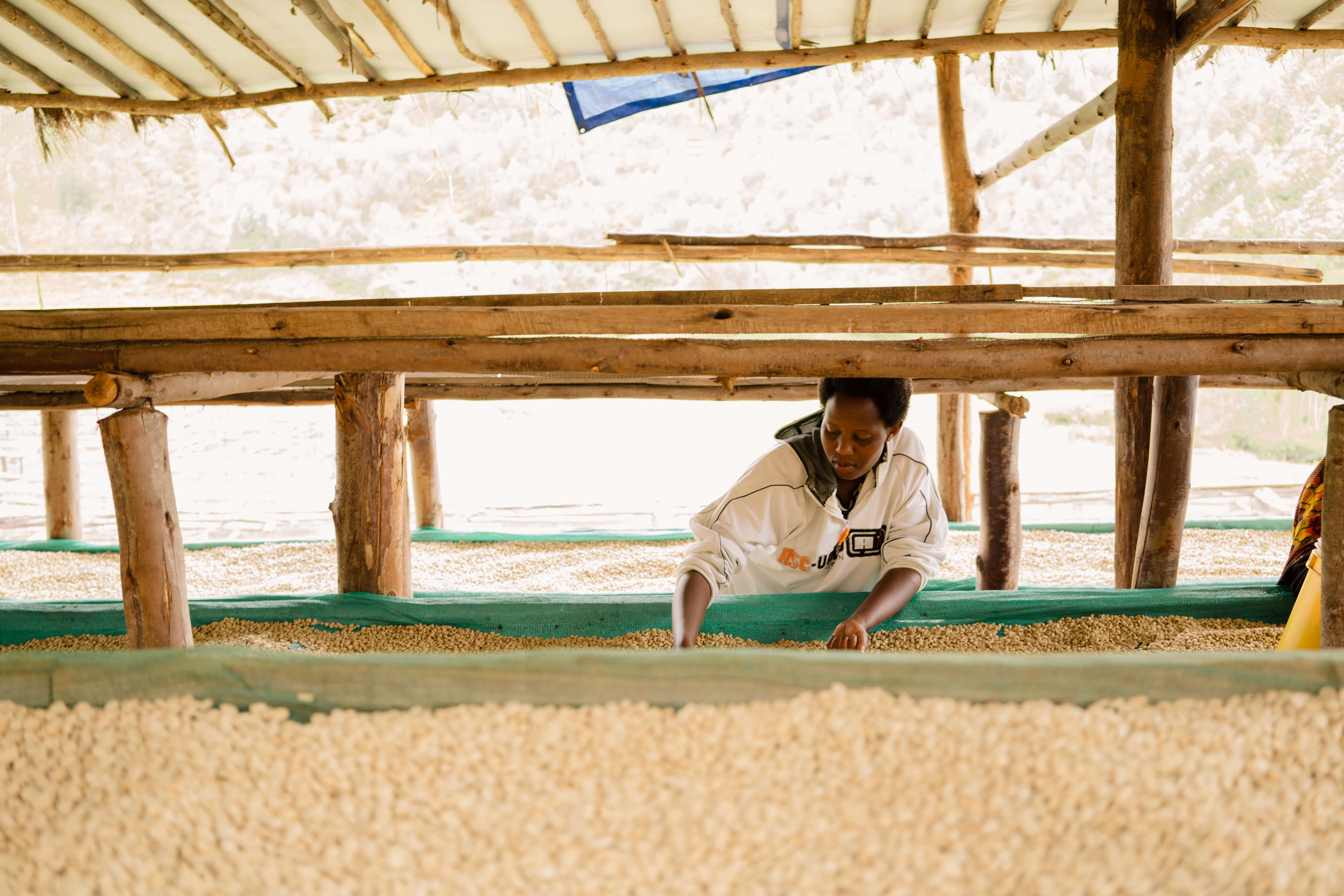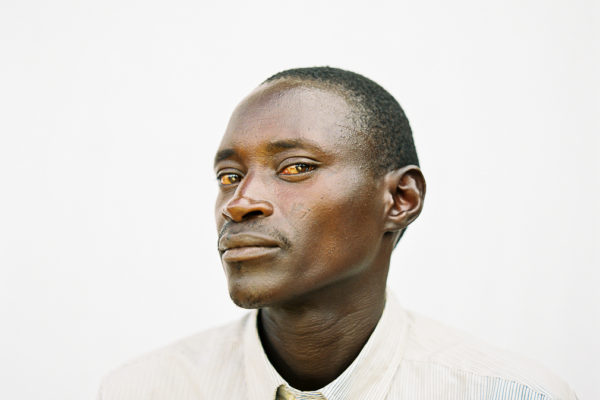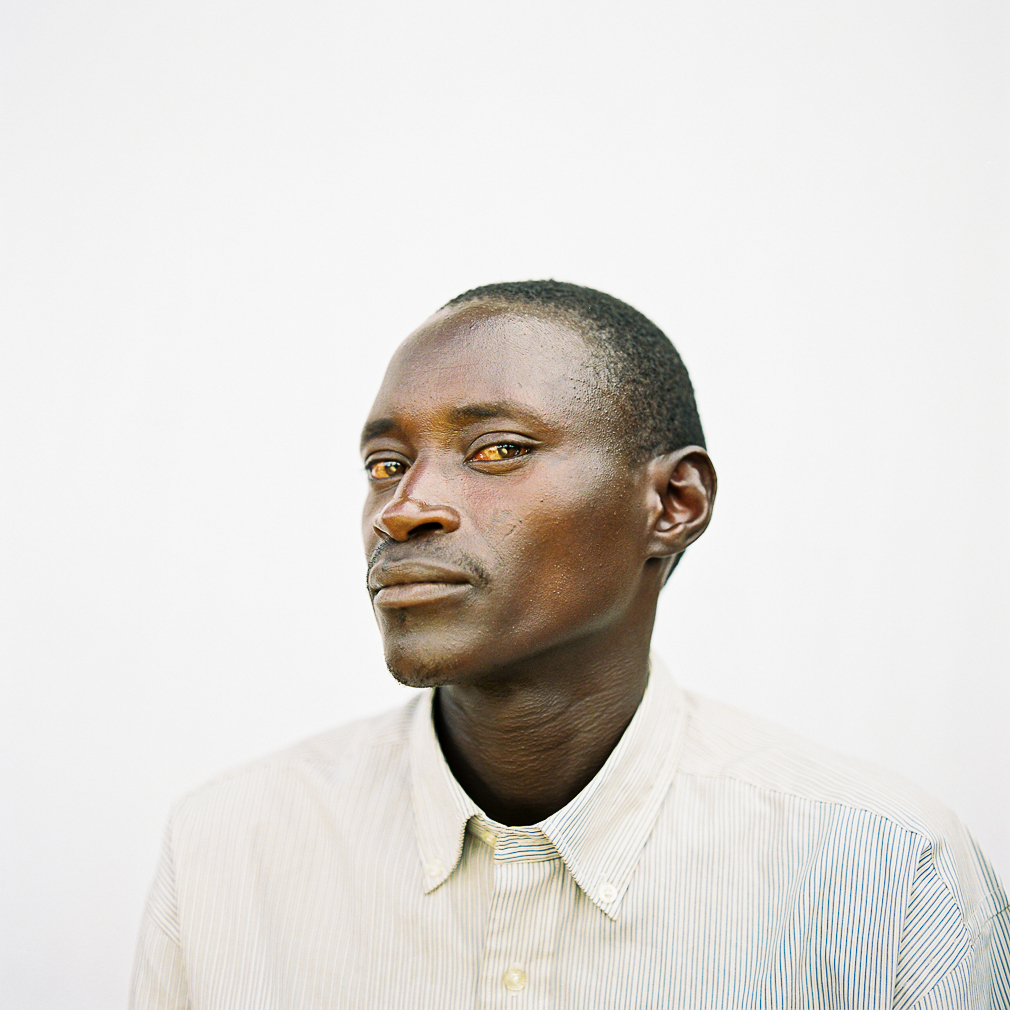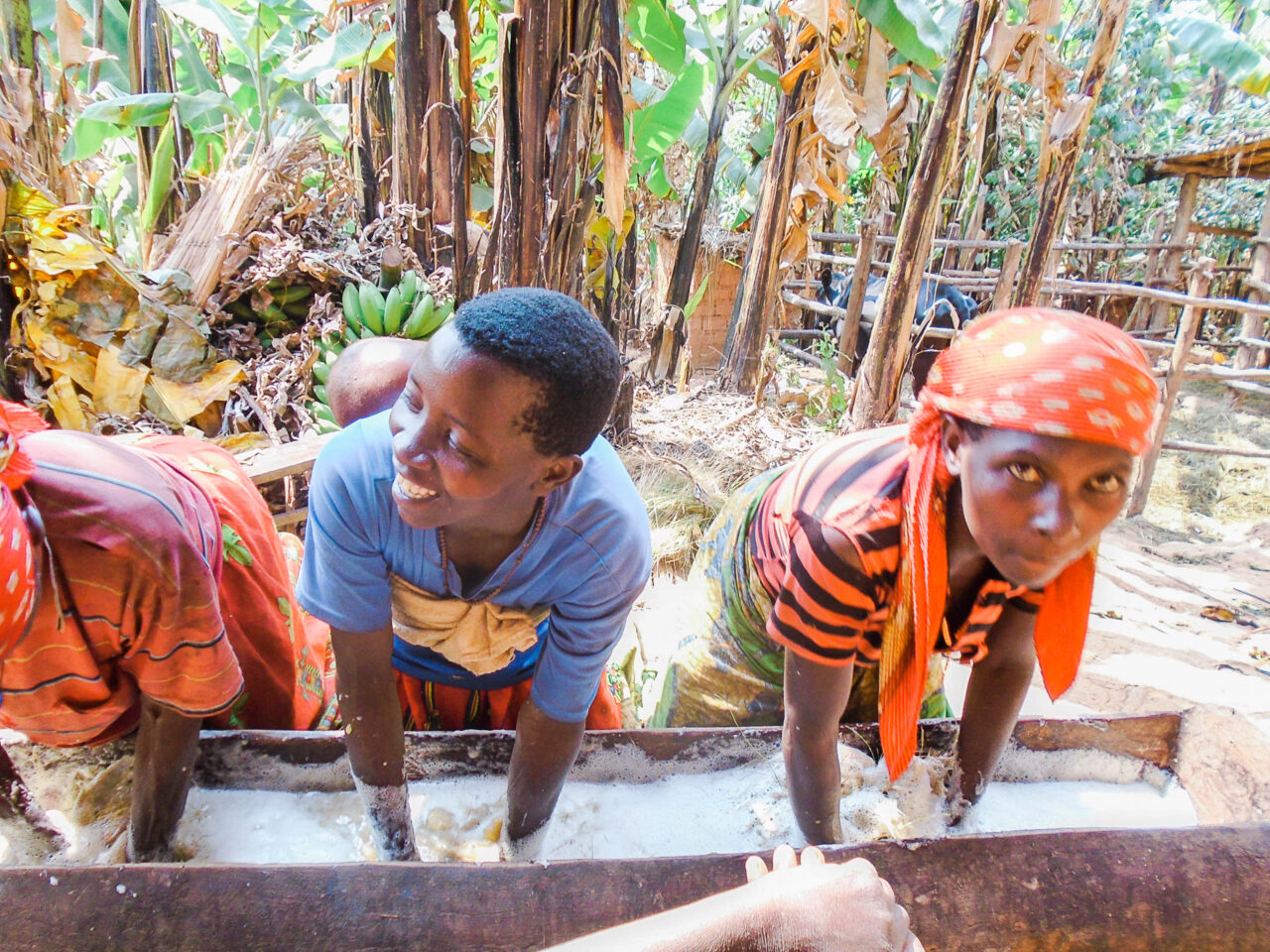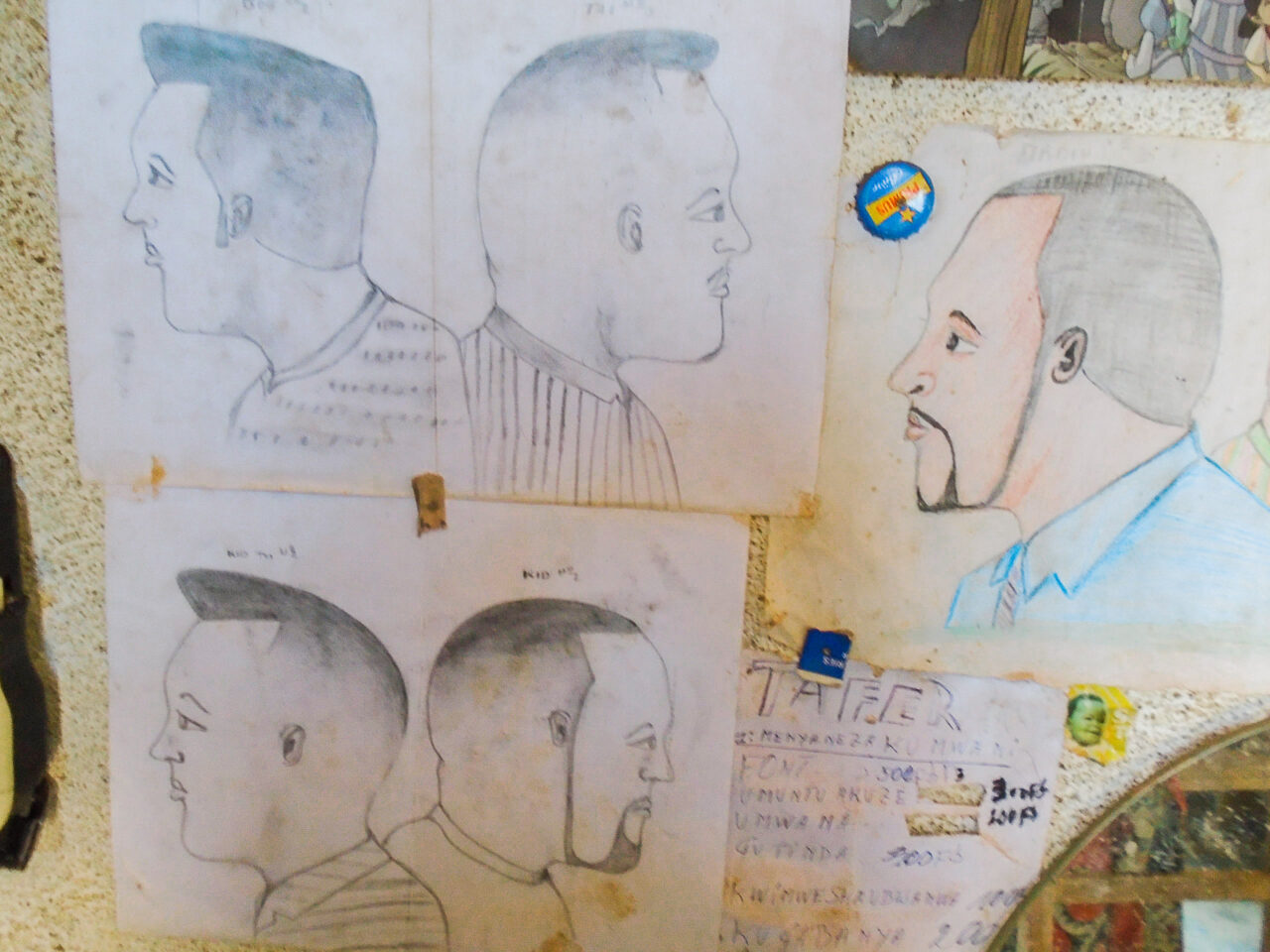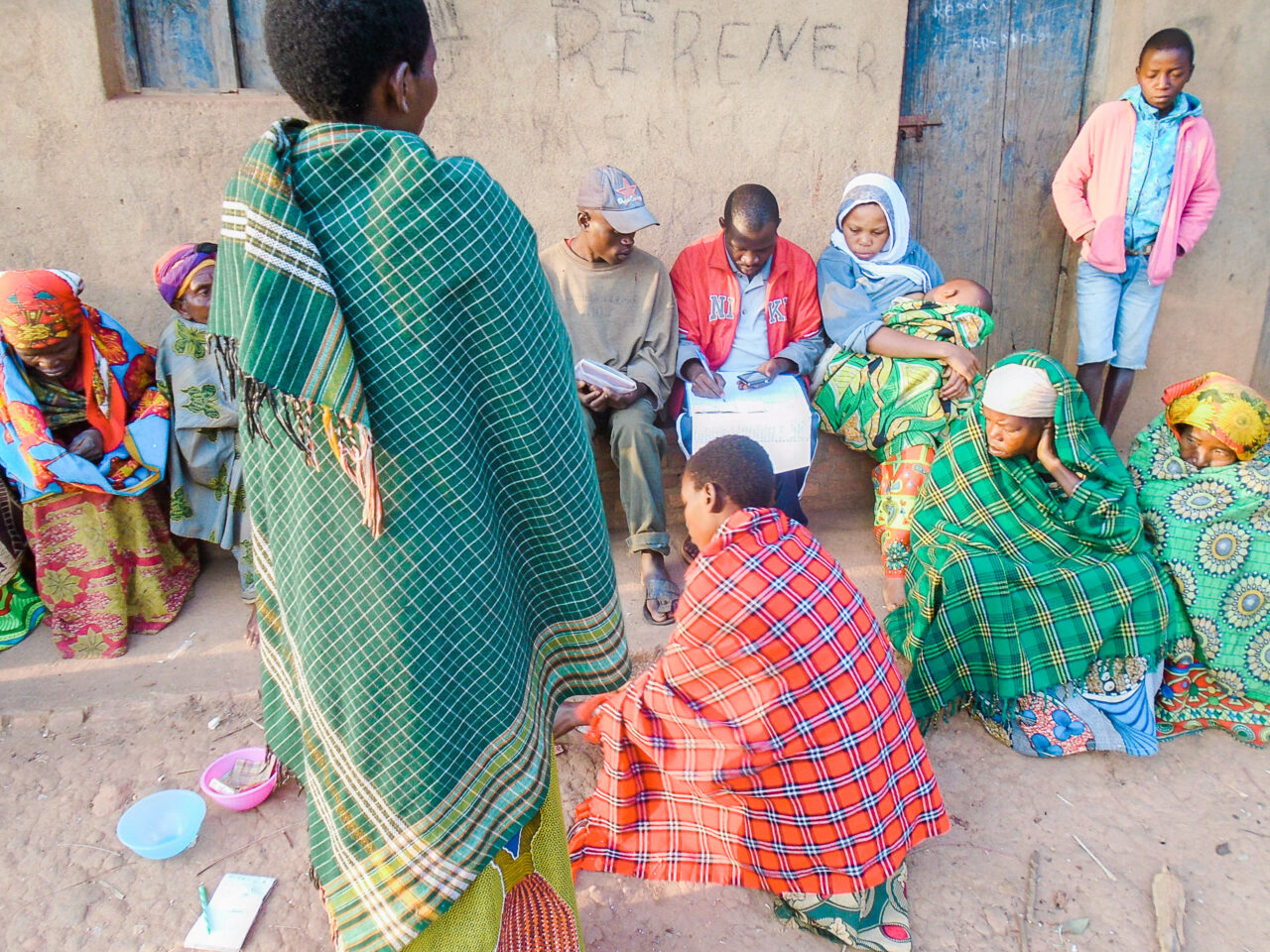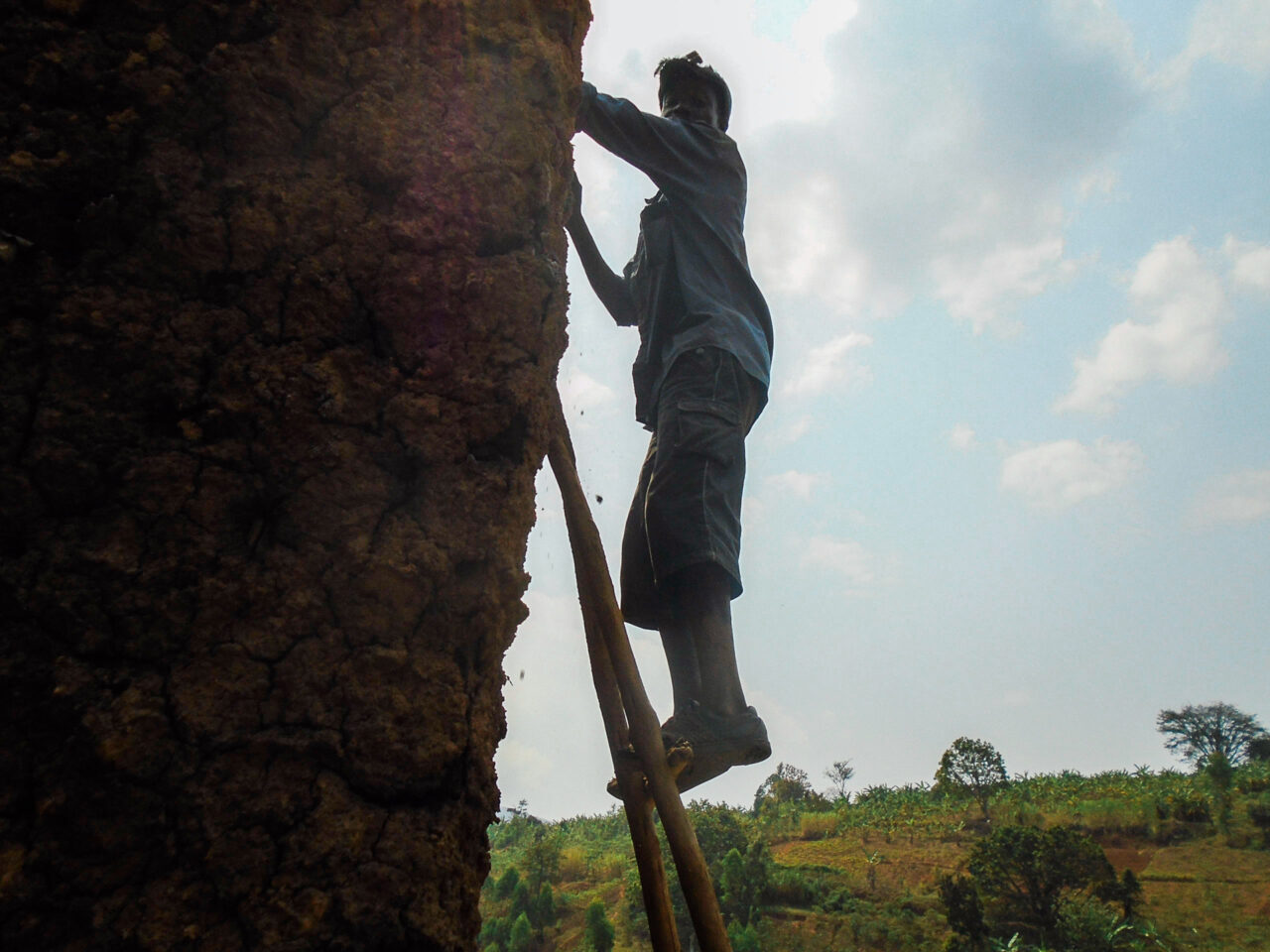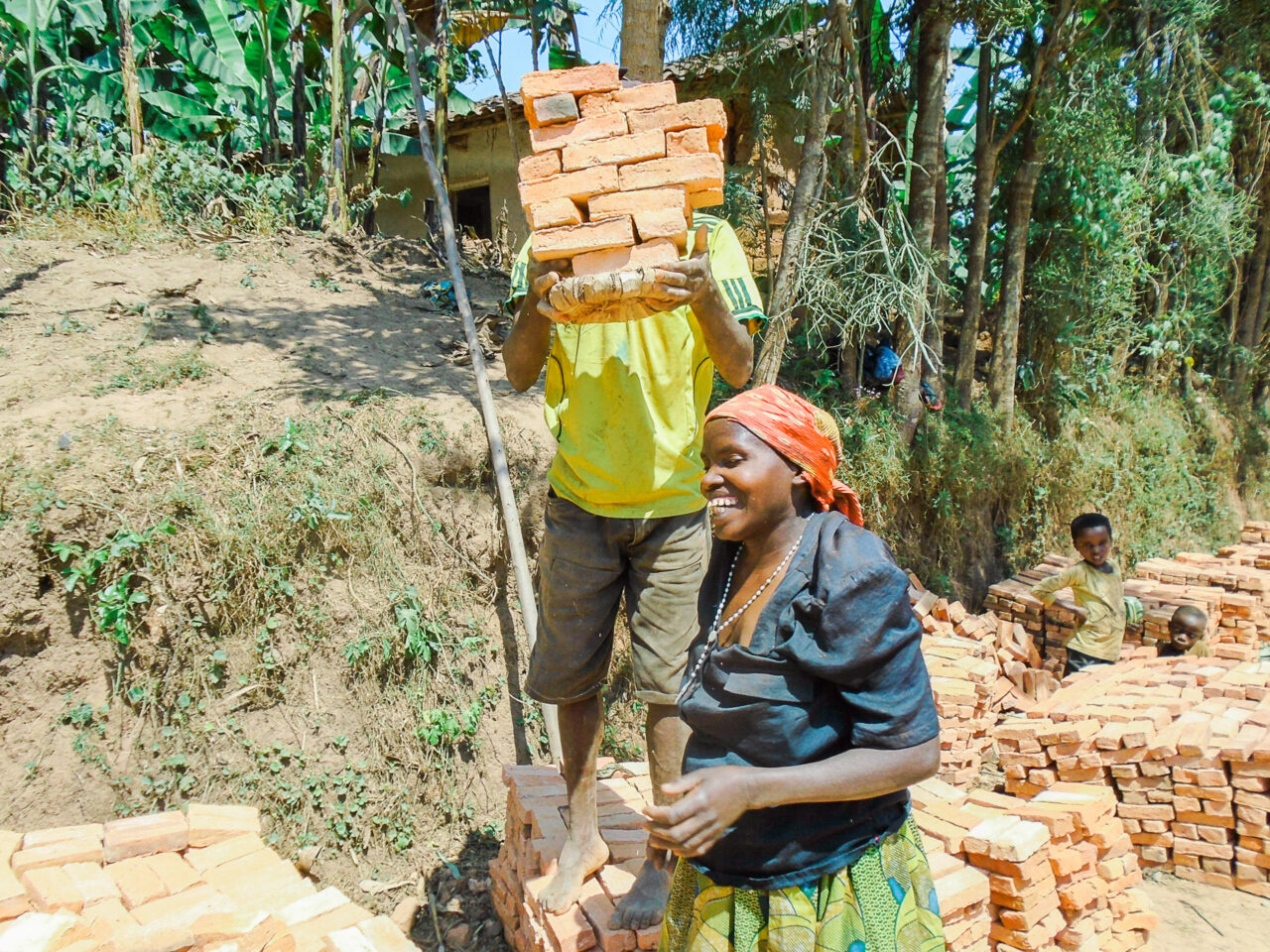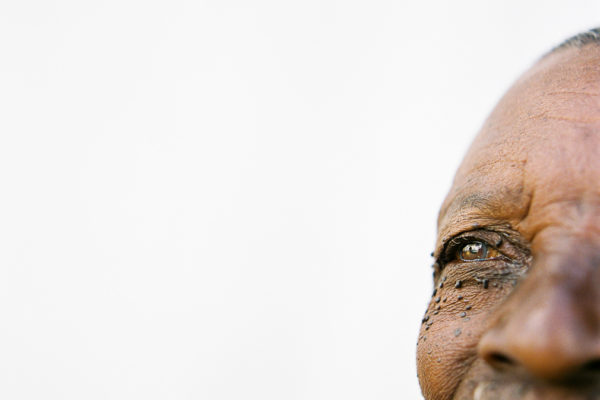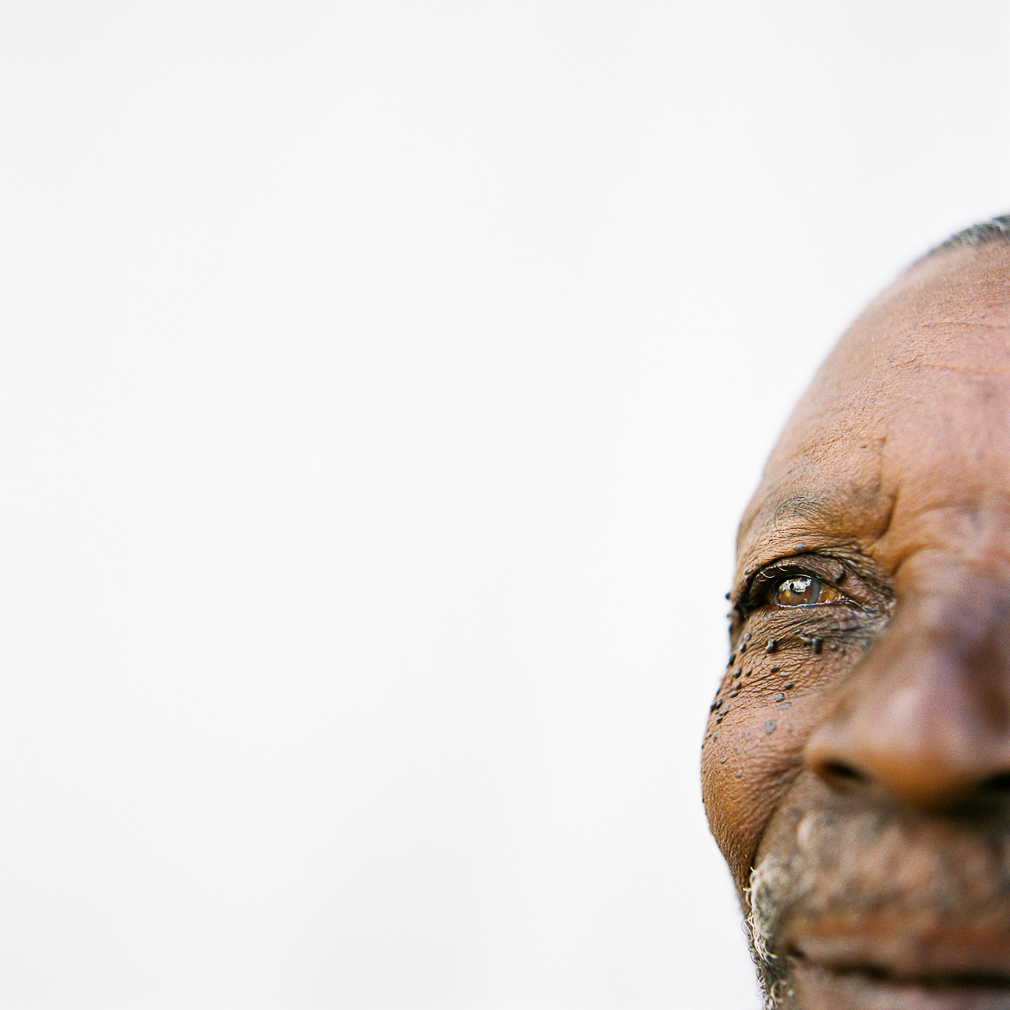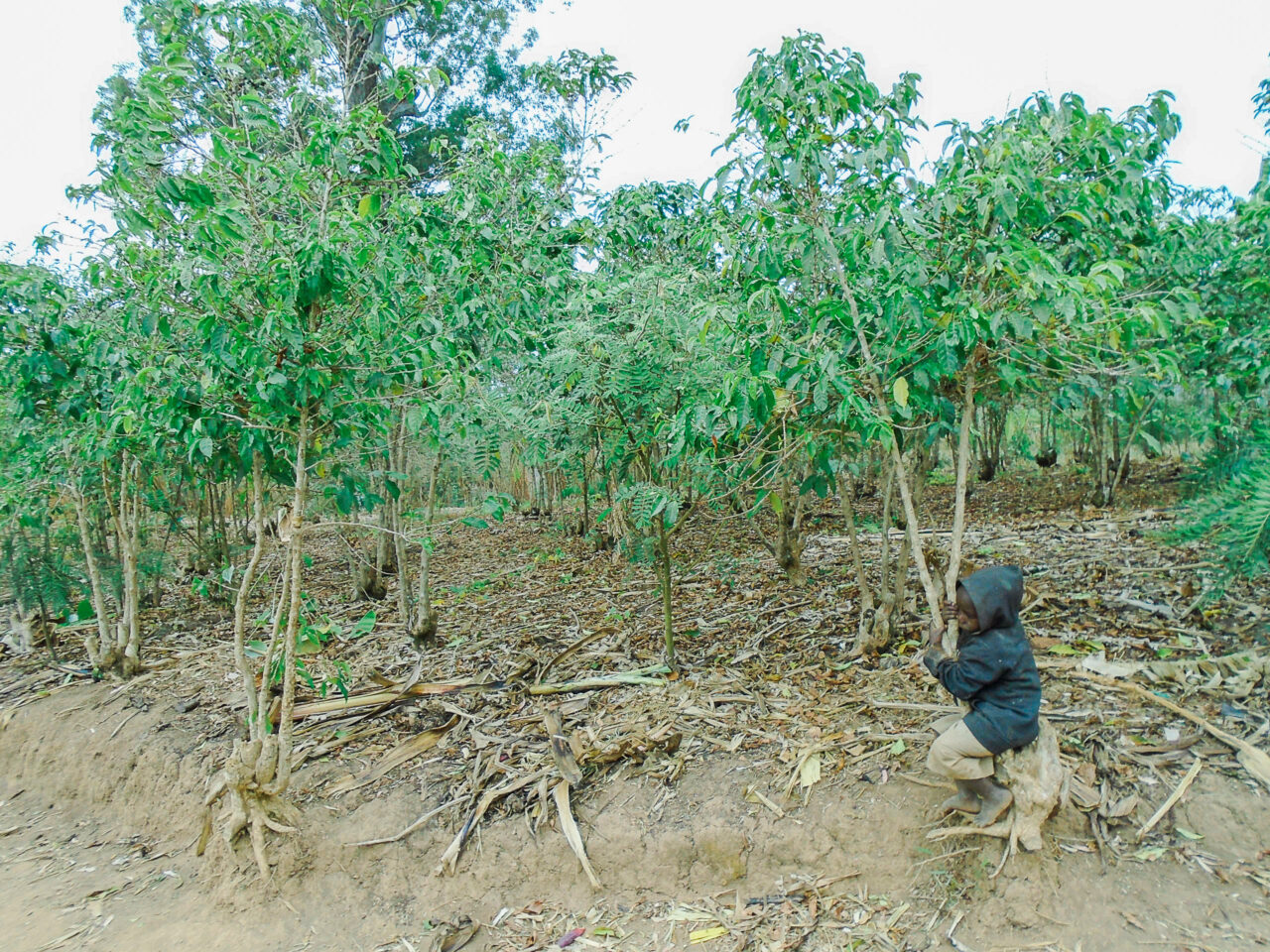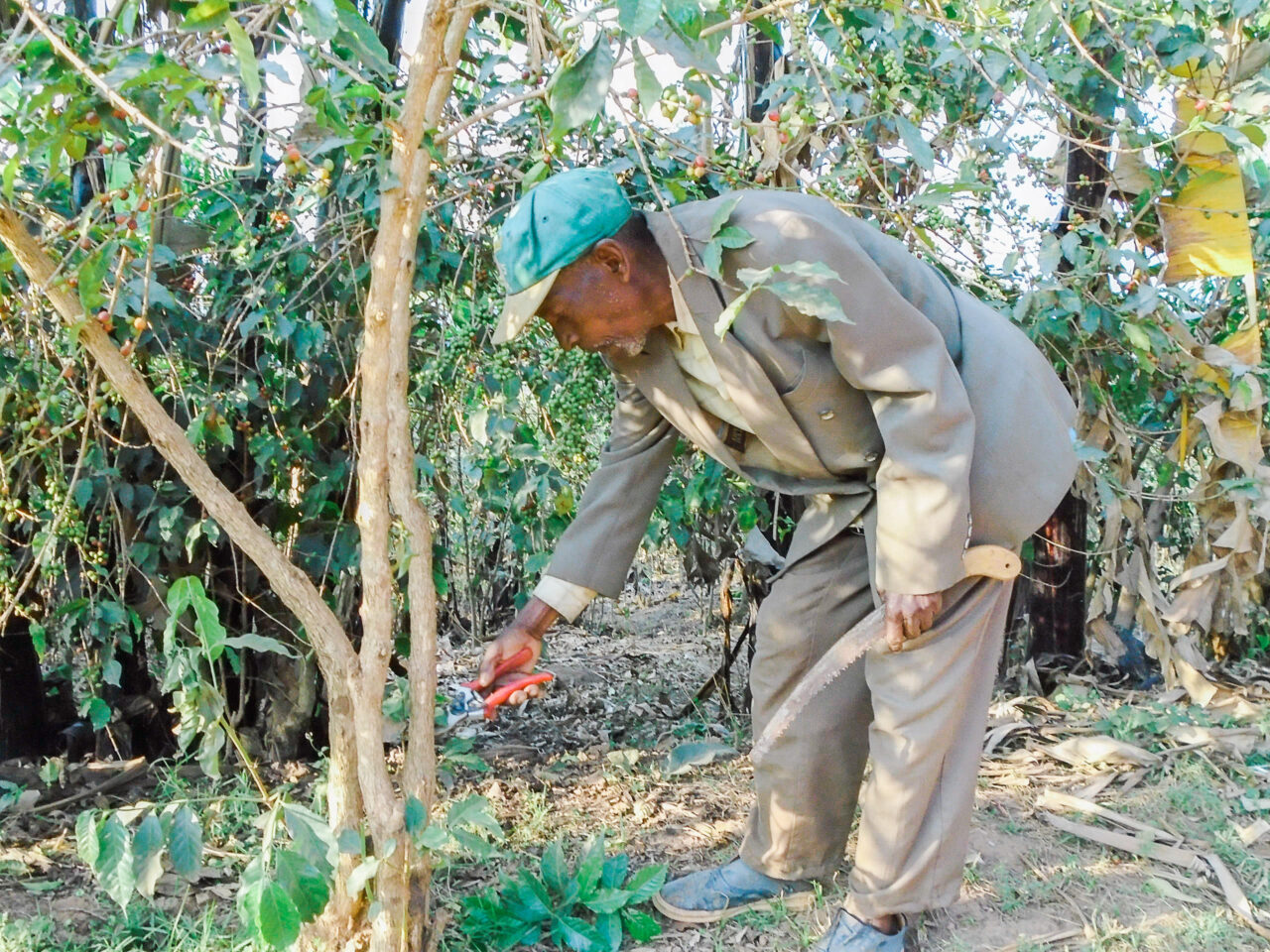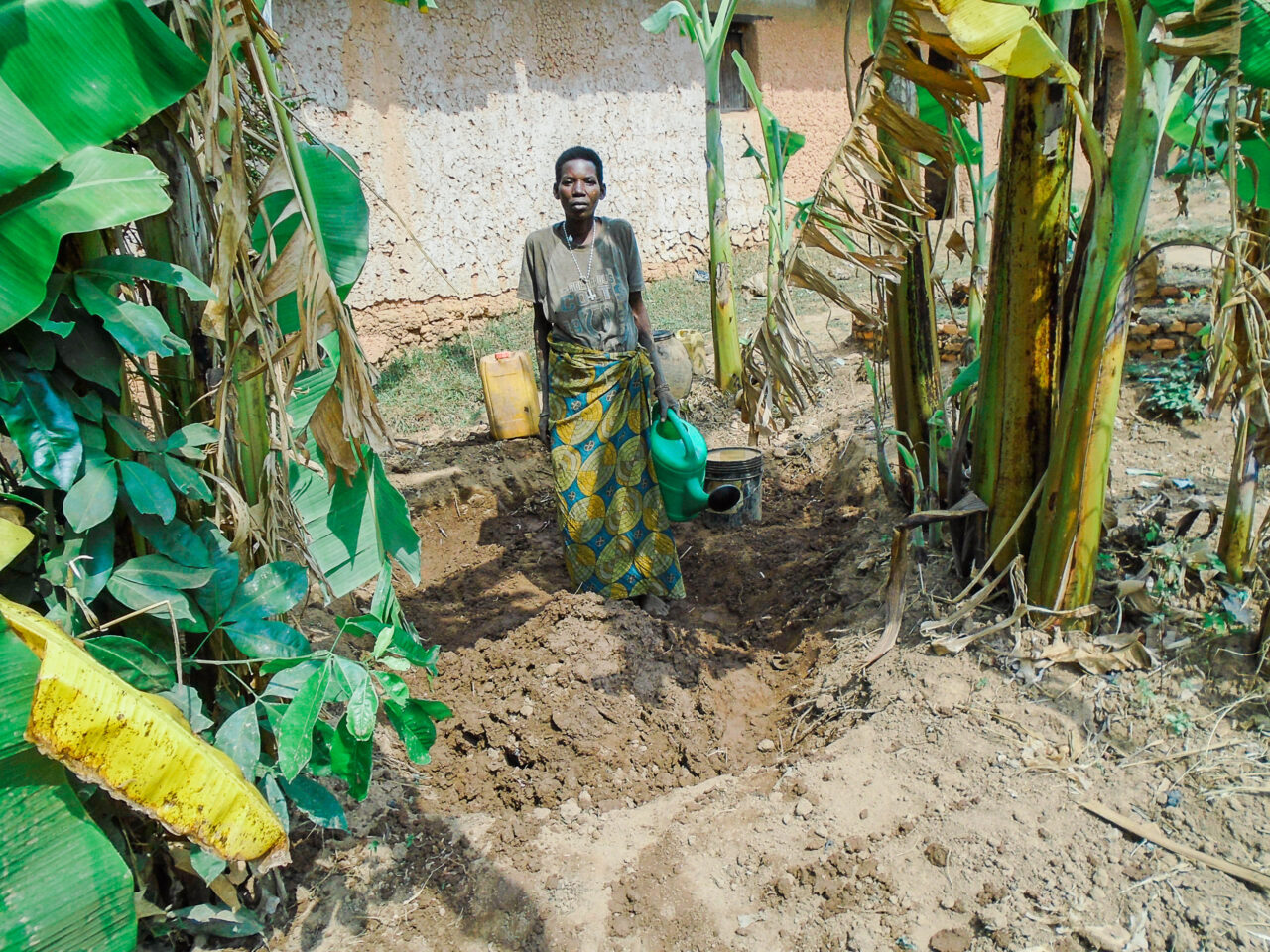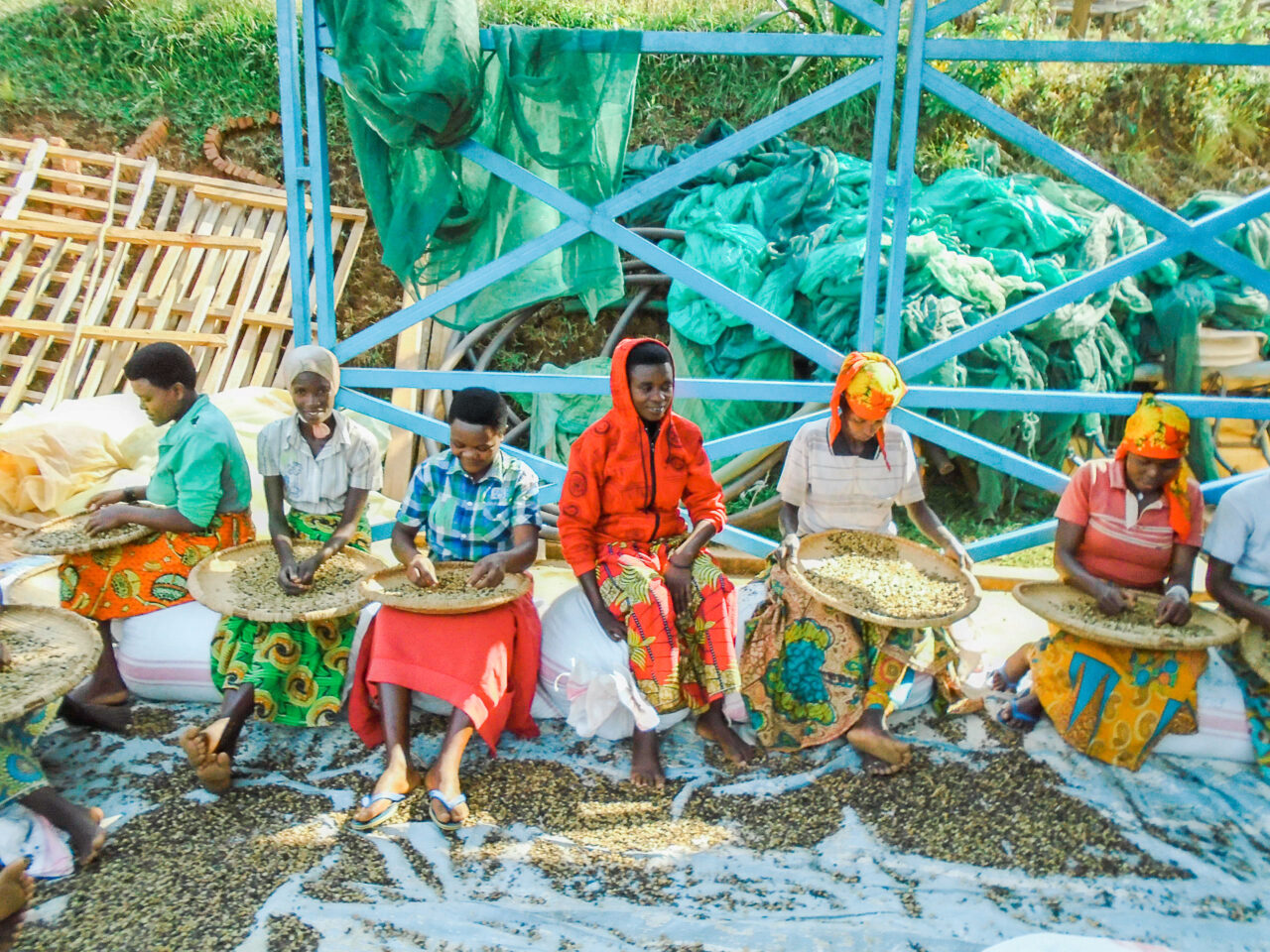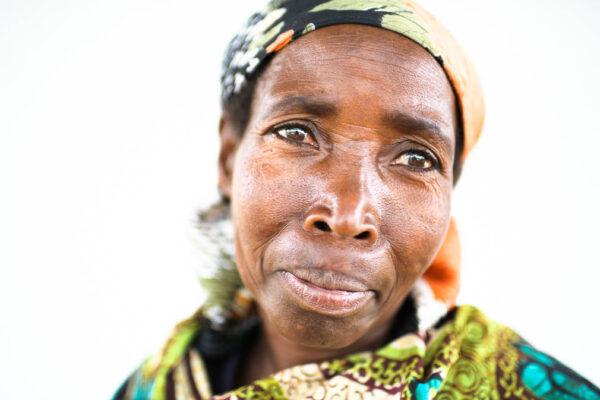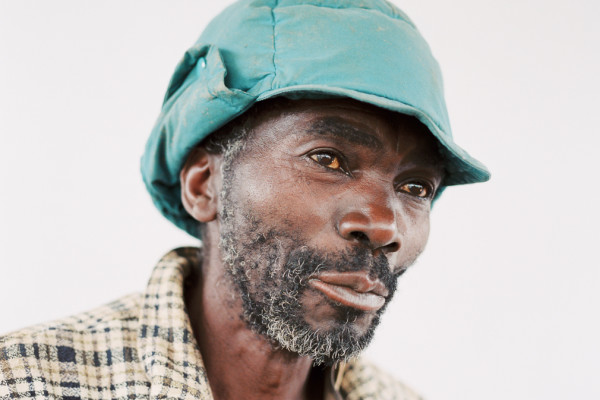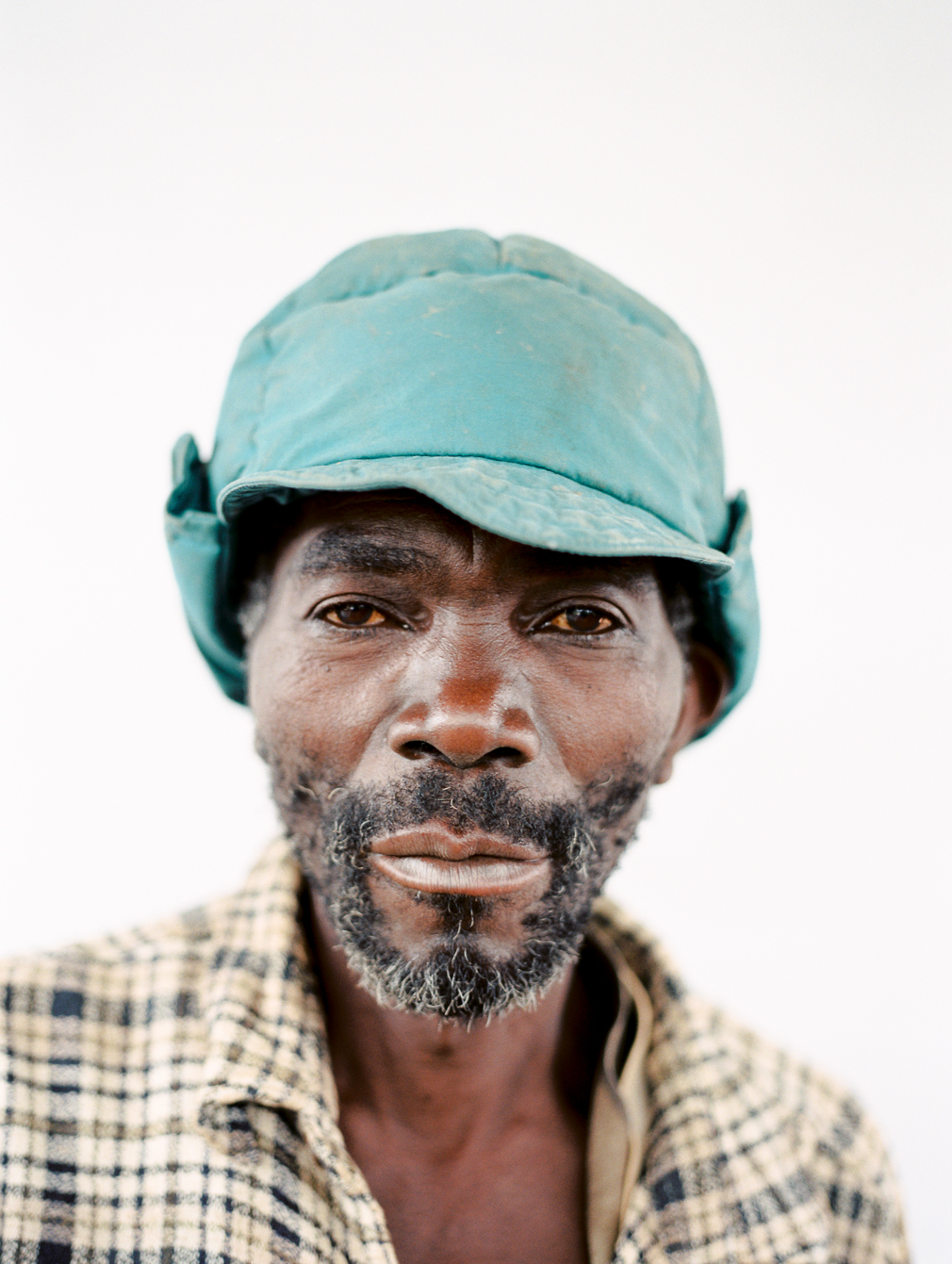Growing up, Aline didn’t know that one day she would work in the coffee sector in Burundi. She joined the Long Miles team back in 2014 as a supervisor of the teams hand-picking parchment coffee for defects. Now, Aline is the Assistant Manager of Coffee Quality Control at Bukeye Washing Station.

What is your earliest memory of coffee?
When I heard about the Long Miles Washing Station on Gaharo hill, I decided to ask if they had a job for me. I had no idea of what happens at a coffee washing station, and didn’t know anything about processing coffee. At the time, the washing station manager told me that there were no jobs for women, that there were only jobs for men. I asked him to give me a chance working there so that he could see that I was capable of learning. After a month, he appreciated how I worked and he offered me a full-time job.
What is your role in the coffee supply chain?
When I started out, I was in charge of supervising the hand-picking team. Now, I am the Assistant Manager of Coffee Quality Control at Bukeye Washing Station.
What does a ‘’typical day’’ look like for you?
During coffee harvest, I do the same thing: control the steps that coffee goes through, especially during the hand-picking stage at the cherry selection tables.

What does working in coffee mean for you?
It’s proof that women , especially in the rural areas of Burundi, are as capable of working in coffee as men.
Are there any challenges that you think exclude women from working in coffee?
I think that the challenges for some women- not just those working in the coffee sector- is that they are working mothers. Working at night can be a big challenge. I think that this is the reason why men say that women are not able to work in coffee, but for me it’s not a question of being able but how many responsibilities a woman has to take on.
When you consider the coffee industry, do you think that women are empowered to be in leadership and decision-making roles?
In the organization that I work for, a woman has the same place as a man. Gender is respected. There are women representatives in all the teams, and they can make decisions in their roles.

Is there anyone in the coffee industry who inspires you?
I don’t know yet.
Is there anything that you would like to learn or do to further your understanding of coffee?
Working in the coffee sector has given me the opportunity of learning many things. I can even teach others what I’ve learnt. In Burundi, there is no school for teaching you about coffee, but working in coffee is a lesson in itself. You can learn as you work. I have learnt about coffee quality, from cherry to parchment, but I still need to learn more about coffee quality from parchment to cup.
